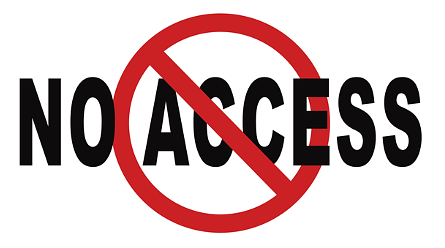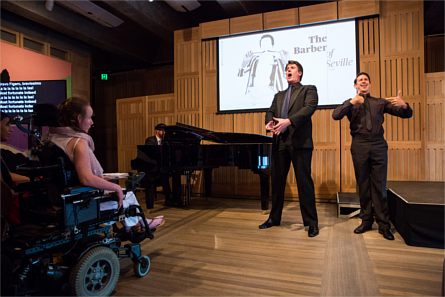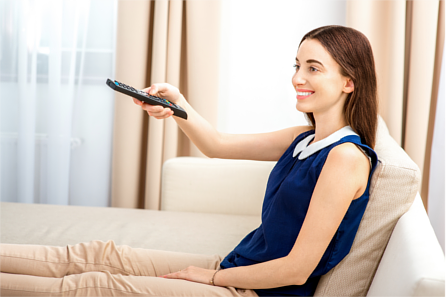News
Crossing the digital divide
Unpublished
Sydney Opera House launches expanded access strategic plan
ACMA releases captioning standards report
BBC researches caption user experience
More work needed for digital inclusion at home
no
Show on home page

The ABS Household use of IT study, released on 18 February 2016, shows that the number of Australians accessing the net is continuing to rise, albeit at a slightly slower rate than in past years.
Taxonomy:
Digital media and technology:
Top of page









